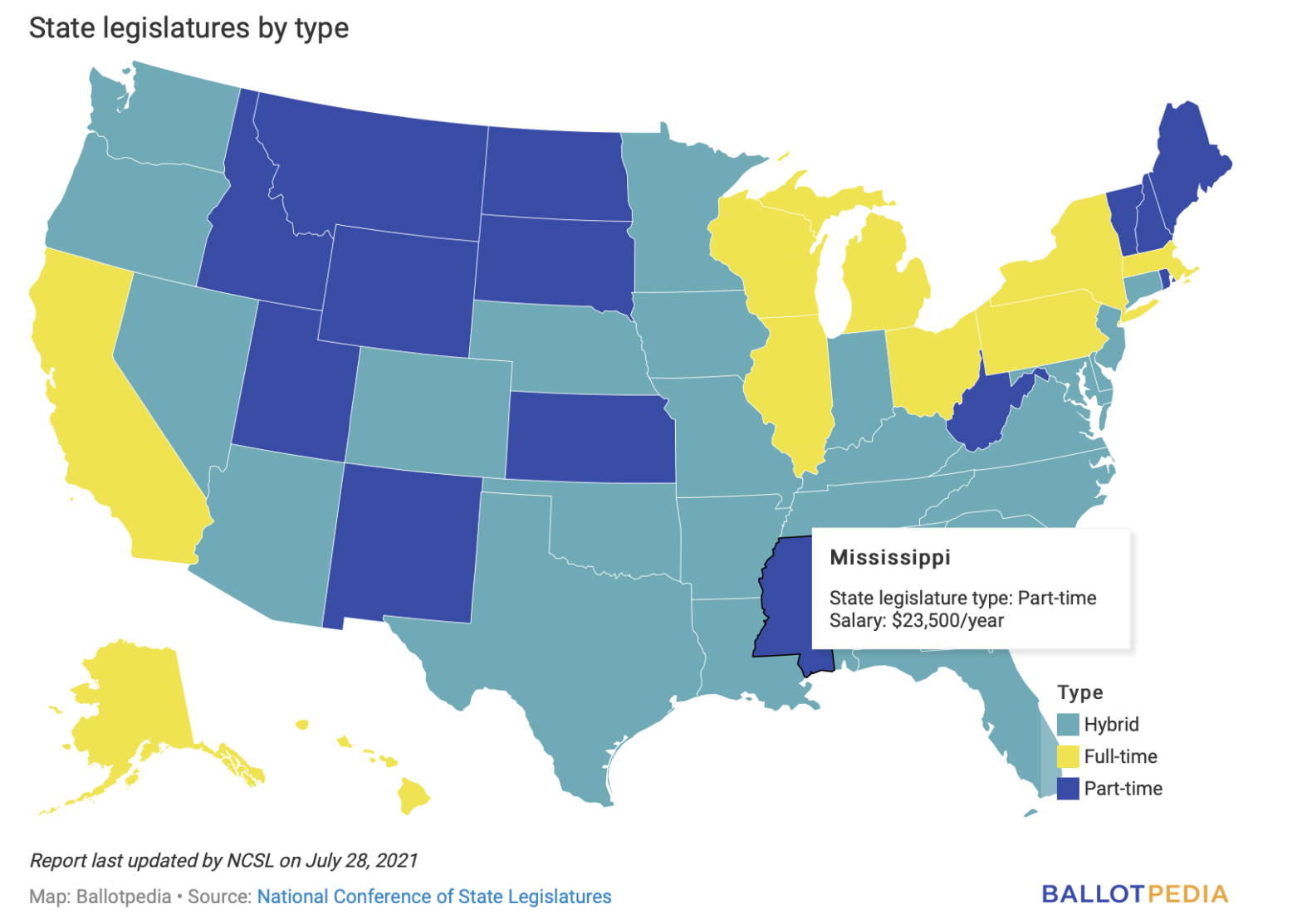By Sara Atencio-Gonzales
Two proposals good government groups are pushing as part of a plan to “modernize” the state legislature advanced last week. The groups want voters to approve two measures they say would provide vital support to elected officials serving in the country’s only unpaid state legislature.
“Our goal is really to try to bring New Mexico up to a standard legislature in government that we see reflected in other states,” Mason Graham, policy director for Common Cause New Mexico, said in an interview at the Roundhouse.
A proposal (HJR 7) to pay state lawmakers passed its first committee with a 5-3 vote in the House Government, Elections and Indian Affairs Committee meeting Jan. 26.
Even though state legislators work part-time, not everyone can afford to work without pay, Graham said. “It creates a financial barrier for folks who want to become a legislator, especially if they are a person of color.”
Right now, New Mexico lawmakers only get per diem payments to help cover their travel to and from Santa Fe during the session and for interim committee hearings. Lawmakers in other states with part-time legislatures are paid; some get an annual salary while others are paid per day, according data collected by the National Conference of State Legislators.
State Rep. John Block, R-Alamogordo, explained his no vote to the committee saying, “I ran for this position knowing it was a citizen legislature, knowing that I wouldn’t get paid, and I feel it would not be my responsibility as a legislator to then vote to pay myself.”
If House joint resolution passes, voters would see an item on the ballot in November that would create a citizen-led bipartisan commission. The commission would be charged with deciding how much to pay lawmakers and the salary could go into effect as early as July 2026, according to a legislative analysis.
Common Cause wants 60-day sessions with open agendas
The same committee advanced another proposal that would extend the current short sessions and expand the topics lawmakers can discuss during them.
The bill had the same exact vote as HJR7 with the three votes for no all being from the three Republican Representative on the House Government, Elections, and Indian Affairs Committee.
As it is now, New Mexico lawmakers meet for only 30 days in even-numbered years (like 2024). That’s the third-shortest session in the country and it means legislators have a small window to work in, Graham said.
The resolution (HJR 5 ) would double the length of the sessions held in even-numbered years (like 2024) from 30 to 60 days. Currently, those short sessions are limited to budget-related topics and anything the governor adds to the agenda or “puts on the call.”
“They have tons of bills that they want to get passed,” but “the clock is just perpetually ticking,” Graham said.
If passed, the question would be put on the ballot during the statewide election in November.
This is one of several bills proposing changes to the legislative sessions, including HJR1, HJR7, SJR3 and SJR4.
Follow Sara Atencio-Gonzales on Twitter, @satenciogonz
